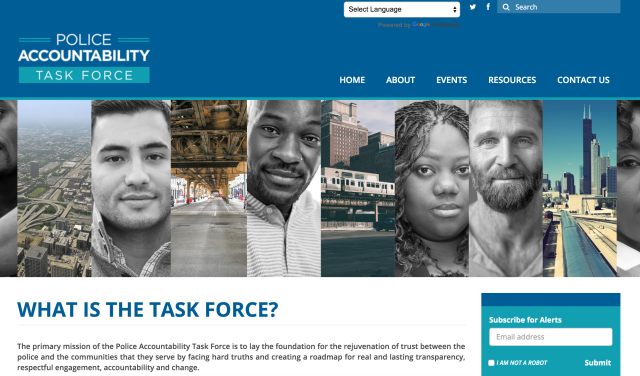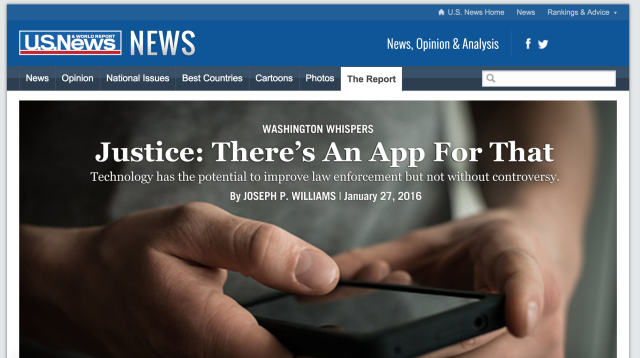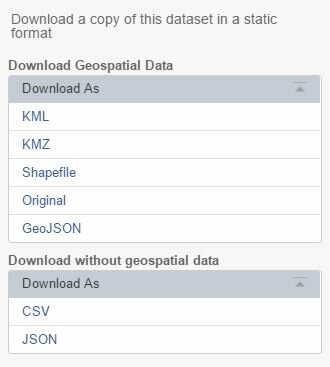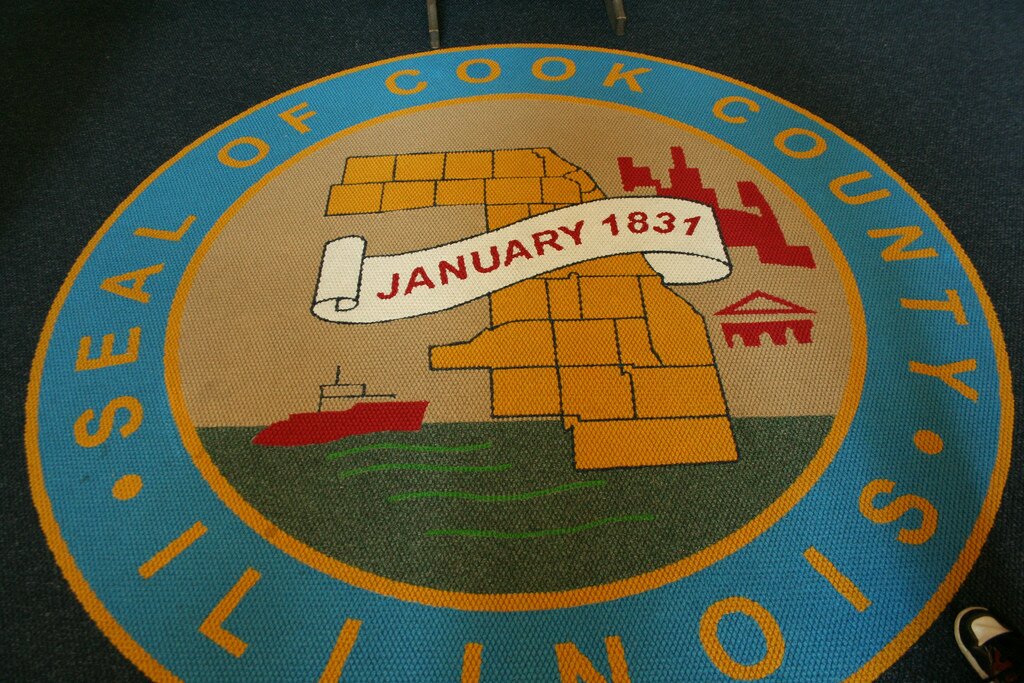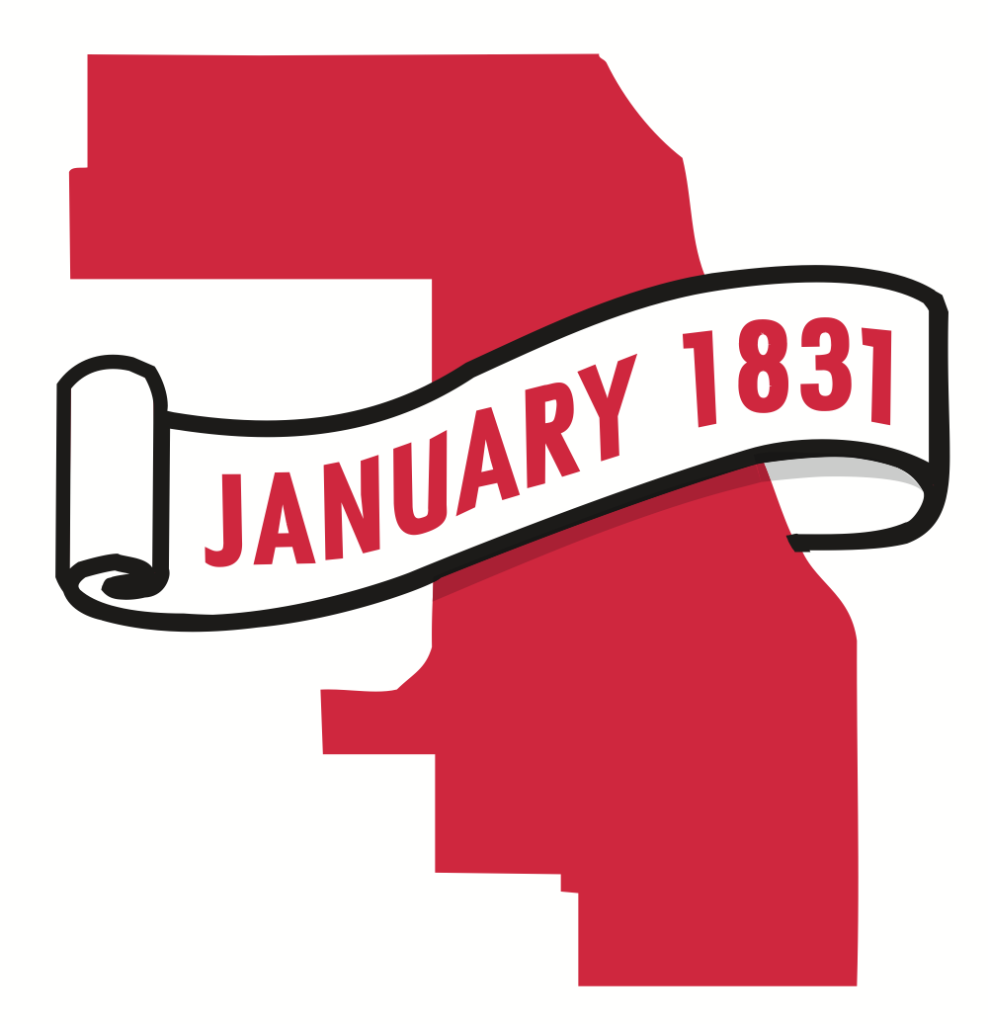Smart Chicago has thought about taxonomies before as they related to data ecosystems. We’ve found this exercise to be foundational to supporting complex, citywide work like the Chicago School of Data. Now, inspired by Connect Chicago, we’ve defined a taxonomy for our city’s digital access & skills ecosystem.
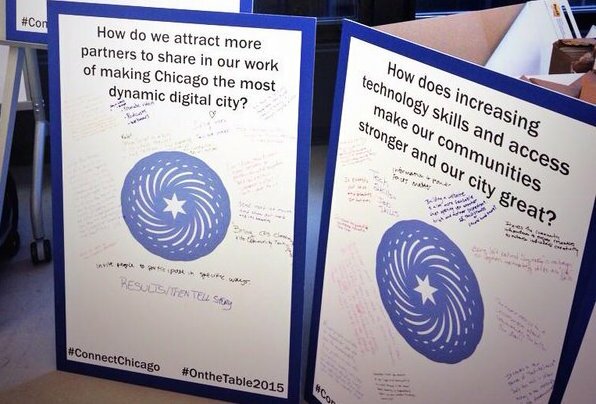
The taxonomy presented in this post inspired the structure of the Digital Access & Skills Referral Network Survey and the January 2016 Connect Chicago Meetup. Together, the data collection from the survey and the Meetup will form the necessary ingredients for something we believe both residents and individual programs will benefit from: a map of the digital learning pathways available to Chicagoans.
What is a Digital Access & Skills Ecosystem?
A digital access & skills ecosystem is a collection of people, places, and programs that
- Introduce the Internet or new technology to residents and/or
- Help residents practice and improve the skills to use the Internet or new technology
Below are just a few specific programing examples submitted by YWCA Chicago, the Safer Foundation, and Metropolitan Family Services of Chicago — three very different institutions doing great, complimentary work in our city:
Like in many cities, Chicago’s digital access & skills ecosystem was bolstered by investments from the National Telecommunications & Information Association’s Broadband Technology Opportunities Program (BTOP). That funding supported work at local public computing centers and created a loose network of learning sites across the city.
Now, after BTOP, Chicago’s challenge is to take that network, support it, and make it stronger.
Classifying the Layers of Chicago’s Digital Access & Skills Ecosystem
The first step in making the network stronger is understanding what it looks like after BTOP.
Right now, Chicago’s digital access & skills ecosystem has several layers of communities, people, and places:
- Learners of different ages, backgrounds, technology comfort levels, and motivations.
-
Trainers/Teachers — some volunteer, some professional, and some with particular skill or language specializations. In Chicago, they implement programs of all types which include, but are not limited to:
- basic computer classes
- MOOC learning peer groups
- one-on-one computer help
- workforce development programs with digital training components
- ESL classes with digital training components
- arts programs with digital training components
- introductory coding classes
- STEM programs
- Coordinators in the form of institutional, program, or site-level managers
-
Supporters who financially back one or several programs, sites, or site networks. These supports include, but are not limited to:
-
Sites (offering one to many programs) which include, but are not limited to:
- community centers
- afterschool programs
- faith-based institutions
- museums
- library branches
- workforce development centers
- health clinics
-
Site Networks (sometimes overlapping) which include, but are not limited to:
- Chicago Public Libraries
- Literacy Works
- LISC Chicago Financial Opportunity Centers
- Chicago Department of Family & Social Services (DFSS)
- Chicago Housing Authority (CHA)
-
Smart Chicago Health Centers
- Chicago Citywide Literacy Technology Pilot Locations
In short, this is complex, decentralized ecosystem with many actors and limited resources. Learners seek to master new skills across programs and places, but different programs and places don’t always communicate with one another.

Classifying the Programming in Chicago’s Digital Access & Skills Ecosystem
Digital access & skills programing in Chicago (and any city) can be classified by mission and method:
-
Program Mission related to increasing access & skills
-
Goal
- Direct, or when a program explicitly seeks to improve digital access & skills
- Indirect, or when a program indirectly improves digital access & skills to achieve another primary or complimentary outcome (for instance, employment, English language learning, or violence prevention)
-
Reach
- Demographic target (for instance, age, race, or gender)
- Geographic target (for instance, neighborhood, ward, or school)
-
Program Method(s) to increase access and skills
- Device lending or refurbishment
-
Internet access assistance
- Reduced or subsidized at-home Internet subscriptions
- Hotspot lending
- Public Wi-Fi
-
Training support
- Subject, software or tool being taught (for instance, Microsoft Excel)
- Delivery of training (for instance, one-on-one or class)
In our work, we have found to that staying broad in our classification is best to ensure we do not miss valuable partners. There are hybrid programs that are not “tech” or “digital” intentionally, but have a computer learning components that make them important parts of this ecosystem. We’ve tried to strengthen our relationship with the literacy community in Chicago for this reason; often ESL, reading, or adult education programs introduce digital learning or technology to accomplish their goals. Sometimes digital skills are the “why” and sometimes they are the “how.”
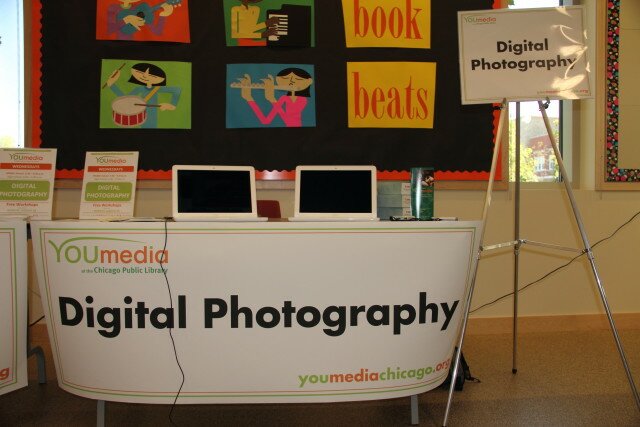
The Next Step: A Referral Network Mapping Paths of Learning Across the Ecosystem
Understanding the ecosystem is the prerequisite to mapping out the digital/tech learning pathways for Chicagoans. Where is a safe place for someone to start learning? Where can they go next given their goals? These are the questions we seek to answer.
Dozens of programs and training sites have already filled out the Digital Access & Skills Referral Network Survey. The questions are reminiscent of the framework above for a good reasons. We want to take inventory of the mission & method of the program and where that program sits across the different layers of our digital access & skills ecosystem.
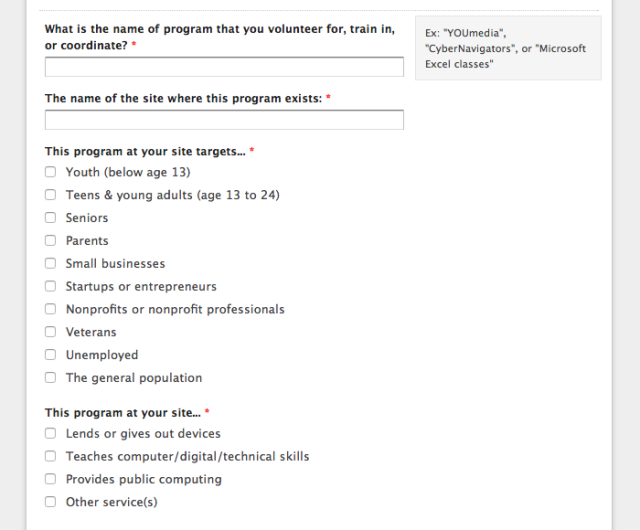
Once this information is collected and shared with our collaborators, we can co-create a referral network. For the first time, we, as an ecosystem will have a formal map in place that tells us how one program relates to, partners with, can partner with, or can amplify the work of others. In reaction to each individual program’s survey, other programs will indicate:
“I would refer my patrons to this program”
– and / or –
“I would recruit patrons who completed this program”
We document this work and this taxonomy system not only in the hopes that it will benefit our partners in Chicago, but that it will benefit other cities who seek to define, coordinate, and evaluate work across their own ecosystems. We encourage all in Chicago’s digital access & skills ecosystem to fill out the survey and come to the Connect Chicago Meetup on January 29th to participate in this important undertaking.
